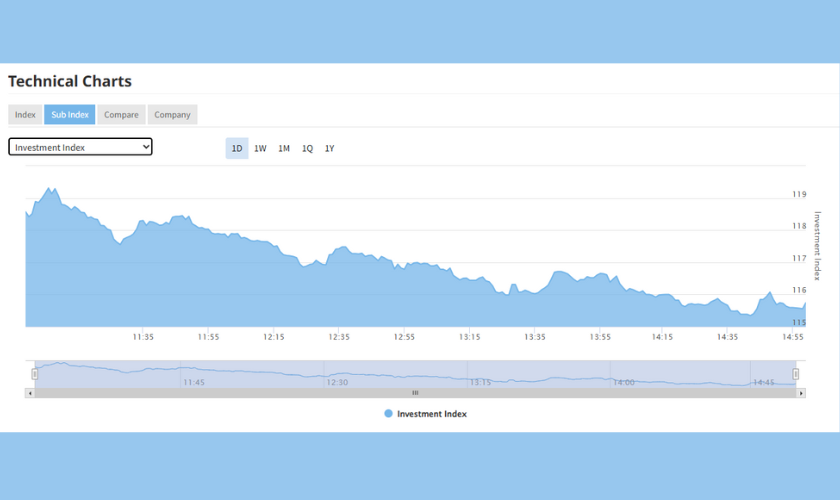Even though the government has been promoting the use of electric stoves to reduce pollution and increase domestic electricity consumption, a government body is studying the possibility of importing large gas cylinders with a capacity of 450 kilograms for commercial use.
According to Nepal Oil Corporation, there has been a long-standing demand, particularly from the hotel and restaurant sectors, for larger gas cylinders. Currently, Nepal uses 14.2-kilogram gas cylinders.
In preparation for the potential import, the government has formed a committee coordinated by the Director General of the Nepal Bureau of Standards and Metrology. Bureau spokesperson Prabhat Kumar Singh said discussions are ongoing with stakeholders. As part of its international commitment to reduce carbon emission, the government has set a goal to ensure 25 percent of households use electric stoves by 2030.
Nepal Oil Corporation’s Executive Director Dr. Chandika Prasad Bhatt said the plan to import large-capacity gas cylinders follows repeated proposals from hotel operators. "Business owners have been lobbying for the import of large cylinders for the past 10 years," he said. However, he also acknowledged that with the increase in domestic electricity production, current efforts are more focused on expanding access to electricity.
Former President of the Hotel Entrepreneurs Federation Nepal, Dinesh Kumar Chuke, said that hotels are now shifting towards electric stoves. "During Kulman Ghising’s tenure as Executive Director of the Nepal Electricity Authority, discussions took place about providing hotels with electricity at discounted rates," he said.
Chuke explained that earlier, hotels had demanded larger gas cylinders because smaller ones (14.2 kilograms) were inefficient due to gas accumulation at the bottom causing leakage and higher costs. Larger cylinders would minimize wastage. "Given the previous load-shedding situation, importing large cylinders made sense," Chuke added. However, he noted that hotels are now facing difficulties due to unannounced evening power cuts, making electric cooking challenging.
Meanwhile, the Hotel Association Nepal (HAN) clarified that it has not proposed importing large-capacity gas cylinders. HAN President Binayak Shah said the association had instead urged the government to ensure easier and cheaper access to electricity for hotel operators. "Just a few days ago, we submitted a memorandum requesting arrangements for hotels to use electricity at reduced rates," Shah said. "Our goal is to replace gas in hotel kitchens with electricity. In this sense, the government's move seems contradictory."
He added that HAN also requested a reduction in electricity tariffs for hotels in the upcoming fiscal year’s policies and programmes. Stressing the need for environmentally sustainable practices, Shah said the government should prioritize promoting eco-tourism to attract more international tourists.
According to the government's Energy Development Roadmap 2081 BS (2024 AD), Nepal aims to generate 28,500 megawatts of electricity by 2035. Of this, 15,500 megawatts will be exported, while 13,000 megawatts are targeted for domestic consumption. This reflects a clear need to boost electricity use within the country.
The government also aims to raise per capita electricity consumption to 1,500 units annually by 2035. Currently, Nepal’s per capita electricity consumption is only 410 units per year.












